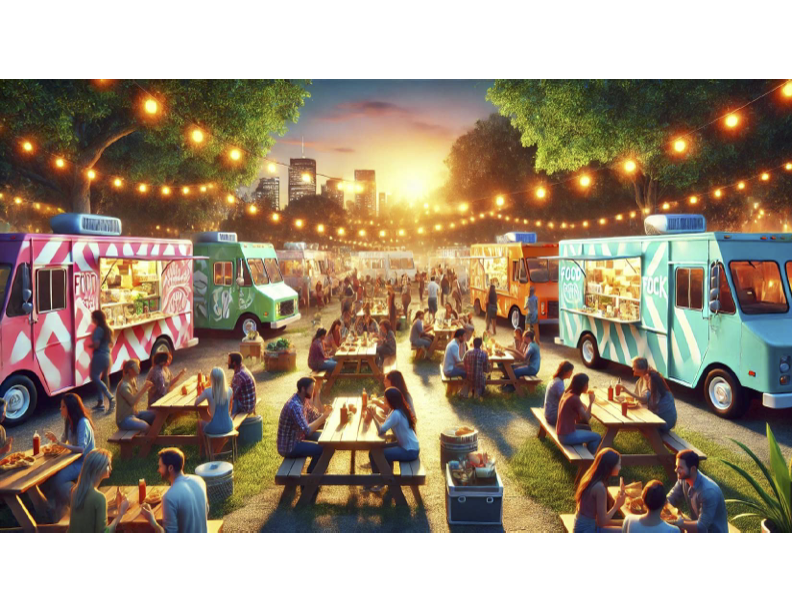Food trucks have gone from a niche street-food option to a mainstream dining choice. What started as a convenient, low-cost way for entrepreneurs to break into the food industry has become a dynamic, creative force in the culinary world. From gourmet fusion to regional classics, food trucks are redefining how we eat on the go.
A Low-Cost Alternative to Brick-and-Mortar
One of the biggest reasons food trucks have taken off is their affordability. Opening a traditional restaurant requires significant capital, from rent and utilities to furniture and staff. Food trucks, by comparison, have lower startup and operational costs, allowing chefs to test new concepts without the financial burden of a full restaurant.
Culinary Creativity on Wheels
Unlike conventional restaurants, food trucks have the flexibility to experiment with new flavors, trends, and cultural fusions. You’ll find everything from Korean tacos to lobster rolls served out of a truck, often with unique, locally sourced ingredients. This adaptability keeps food trucks fresh and exciting.
Convenience and Community
Food trucks thrive in busy urban areas, at festivals, and in office districts, making it easier than ever to grab a high-quality meal without the hassle of a sit-down restaurant. Many trucks foster a strong sense of community by regularly appearing at local events, supporting other small businesses, and offering affordable, diverse dining options.
The Digital Edge
Social media has played a huge role in food truck success. Instead of relying on a fixed location, trucks use platforms like Instagram, Twitter, and Facebook to announce their daily locations and menu updates. Customers feel a sense of connection with their favorite trucks, creating a loyal following and driving repeat business.
Challenges and the Future
Despite their popularity, food trucks face challenges, including strict regulations, permitting issues, and competition from traditional restaurants. However, their lower overhead costs and ability to adapt to trends make them a resilient part of the food industry. As cities become more food-truck-friendly and technology streamlines mobile food services, the future looks bright for these rolling kitchens.
Food trucks aren’t just a passing trend—they’re a testament to the evolving nature of the restaurant industry. With their innovative menus, affordability, and community-focused approach, they offer a fresh, flexible dining experience that’s here to stay.

